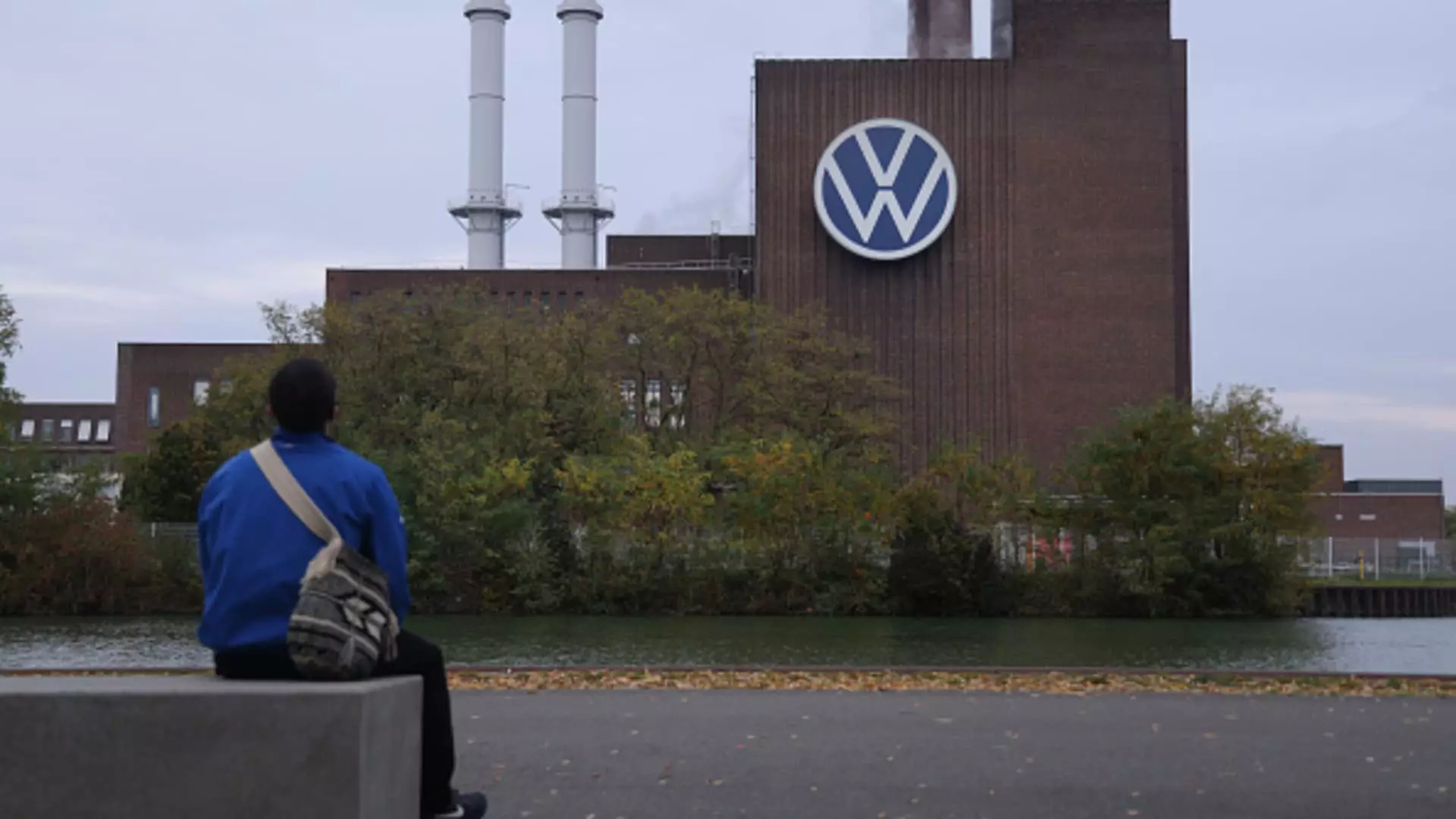The election of Donald Trump as President of the United States raised many questions about the future of international trade, particularly concerning the automotive industry. His campaign speeches, rife with the promise of tariffs, hinted at drastic changes. One of his boldest pledges was a blanket tariff on all foreign imports, which has left European manufacturers, especially German carmakers, in a precarious position. This analysis delves into the implications of such tariff policies for Europe’s robust automotive landscape and examines how industry leaders are strategizing to navigate this turbulent environment.
The Tariff Talk: Rhetoric or Reality?
Trump’s campaign was characterized by aggressive rhetoric aimed at transforming the U.S. economy. During a speech in Savannah, Georgia, he expressed a desire to convert German auto manufacturers into American companies, proclaiming his fondness for tariffs as “music to [his] ears.” While this sentiment captures a nationalistic vision, the reality of imposing sweeping tariffs poses significant risks not only to foreign companies but also to American consumers and workers. As Trump’s administration rolled out preliminary plans for tariffs targeting imports from China, Canada, and Mexico, many observers were left speculating whether European automotive exports would soon come under siege.
Germany, being a key player in the global auto industry, is particularly susceptible. With exports amounting to approximately 23 billion euros to the U.S. last year, German car manufacturers represent a significant component of the economic exchanges between the two regions. The looming threat of tariffs has intensified concerns amongst German executives, as existing economic challenges—such as reduced demand in China—couple with potential tariff-induced price hikes that could decimate profit margins and customer bases.
The Wider Economic Impact
The automotive sector is central to the German manufacturing ecosystem, intertwined with various industries such as steel and chemicals. Rico Luman, a senior economist for ING, remarked on the interrelatedness of this sector, identifying it as “the heart of the manufacturing industry.” Should tariffs be imposed, the entire supply chain would feel the ramifications, raising costs for manufacturers and ultimately driving up prices for consumers. Such financial strain could result in layoffs, further exacerbating economic instability in a sector already grappling with substantial operational challenges.
Moreover, while some analysts question the seriousness of Trump’s proposals, they are wary of the pressure that could mount on imports. With the current U.S. unemployment rate hovering around 4%, increasing domestic production through tariffs may not yield the desired results and could, paradoxically, hurt American workers by raising costs and lowering availability of goods.
In anticipation of potential tariffs, major German carmakers like Volkswagen, BMW, and Mercedes-Benz are recalibrating their strategies. Volkswagen, which produces over 90% of its vehicles destined for the U.S. market on American soil, is cautiously optimistic about tariff implications. However, the company stated that all options are on the table as they assess the evolving trade landscape. On the other hand, Mercedes-Benz has openly expressed hope for constructive dialogue with Trump’s administration, recognizing the necessity of collaboration in a complex global market.
Despite efforts to mitigate risks, the stock performance of these automotive giants speaks volumes about investors’ sentiment; Volkswagen’s and BMW’s shares both plummeted by around 23% over the year, reflecting profound fears concerning the future of international trade. This crisis has underscored the critical importance of adaptability in a turbulent market characterized by shifting political and economic tides.
Interestingly, amidst the chaos of potential tariff introductions, there exists a silver lining for European automakers keen on innovation and sustainability. Julia Poliscanova from Transport & Environment highlighted the opportunity for Europe to advance its electric vehicle agenda, positioning itself as a leader in clean technology. While short-term losses may loom for German automakers, the long-term vision for Europe revolves around moving away from conventional practices – embracing a future that prioritizes electrification and greener solutions in mobility.
Ultimately, while Trump’s aggressive tariff talk poses serious threats to German automotive companies, it also presents an opportunity for strategic pivoting. By embracing innovation and focusing on sustainability, European manufacturers may well find a path not only to survive but to thrive in an increasingly competitive global automotive industry. The situation remains fluid, and as manufacturers respond to shifting policies, the outcomes could redefine trade relations between Europe and the United States for years to come.

Leave a Reply